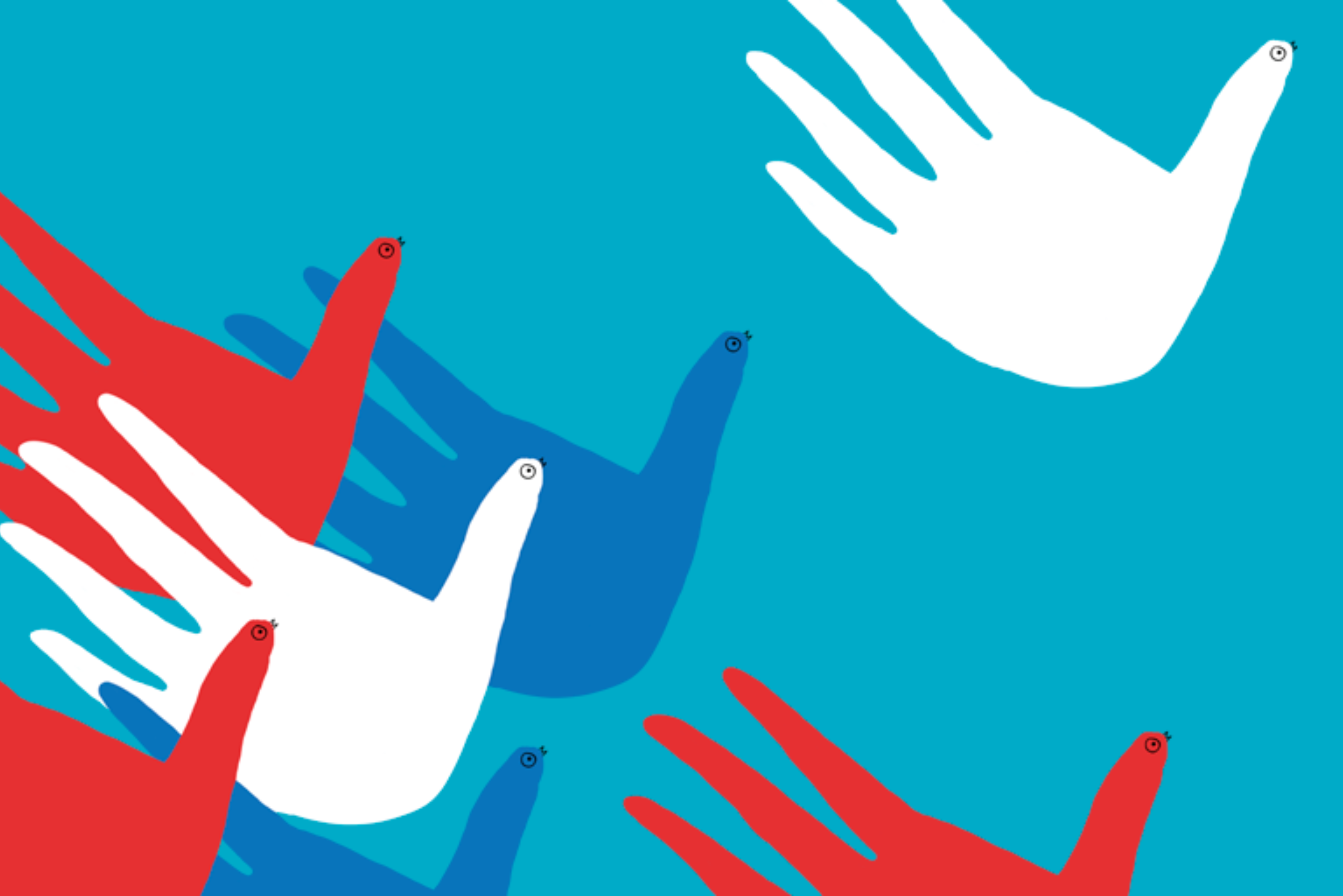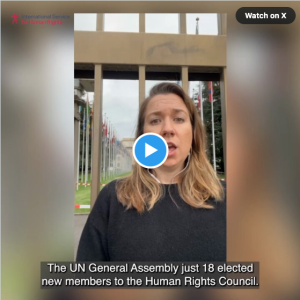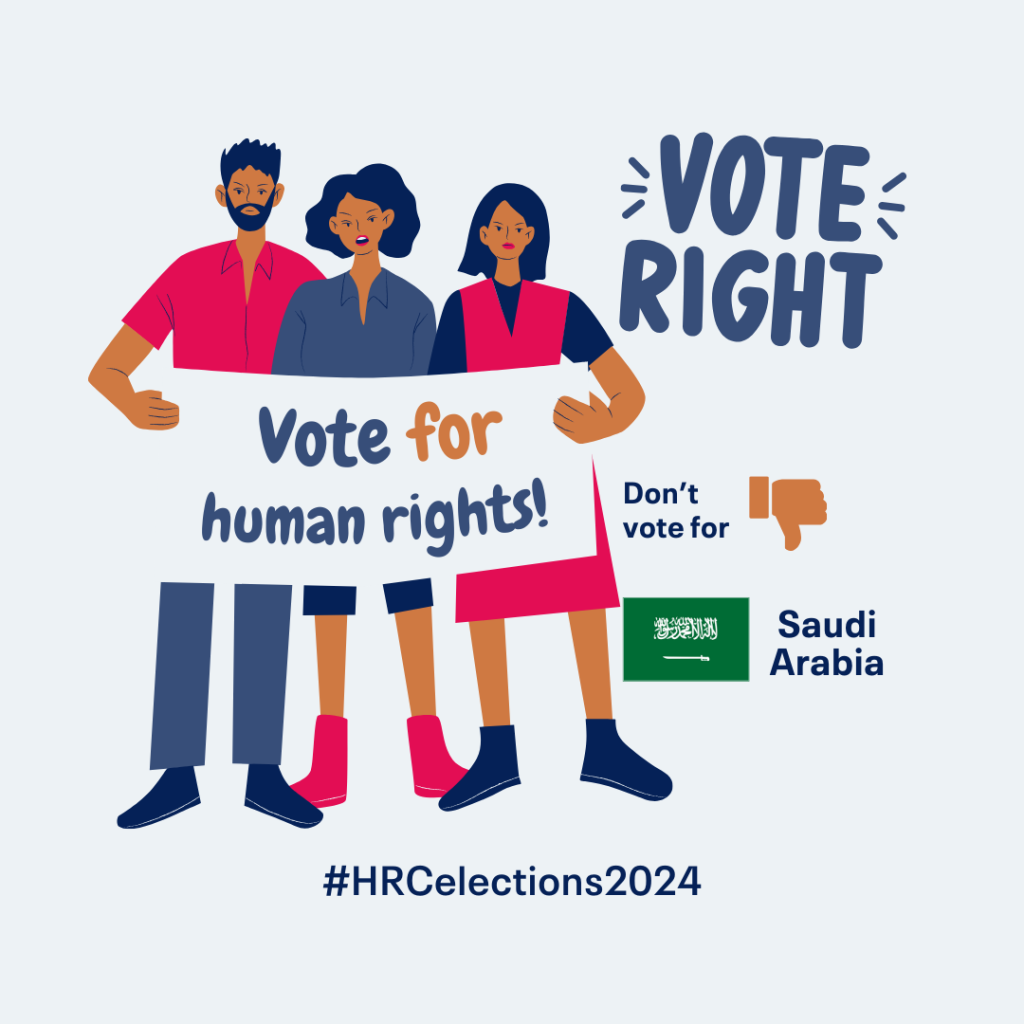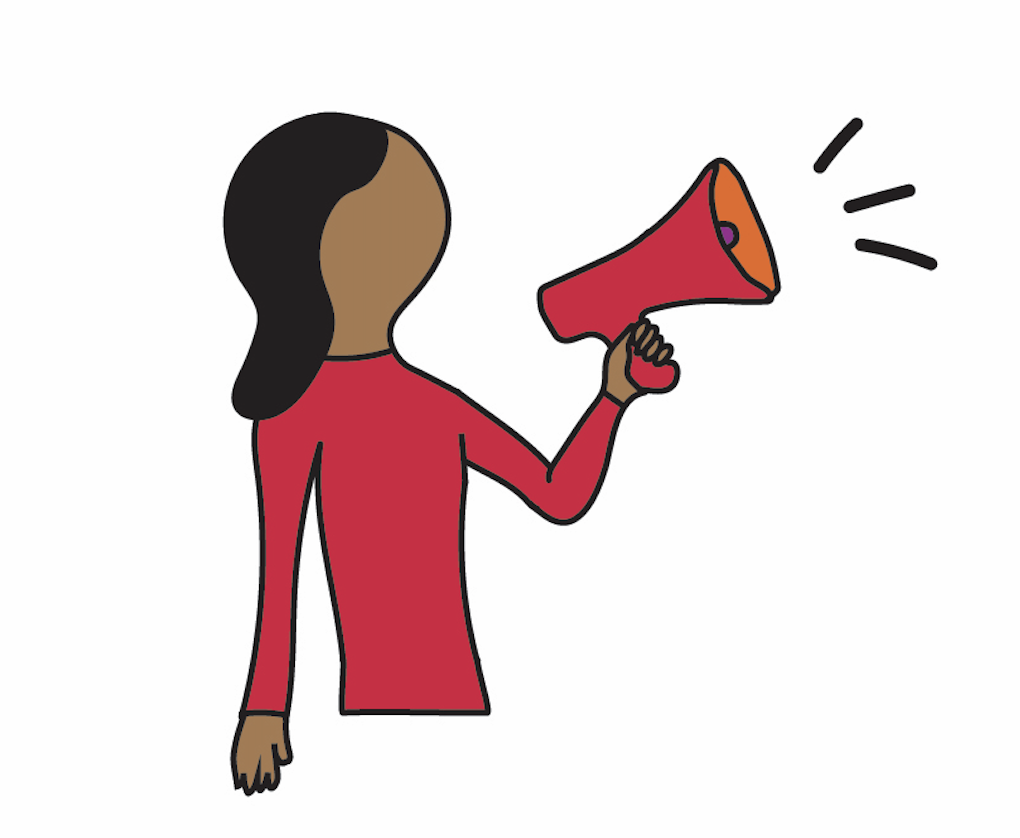We just had a massive win for human rights!
Following our campaign, together with other civil society partners, on 9 October 2024 Saudi Arabia was defeated in its bid to be elected to the UN Human Rights Council!
We campaigned against Saudi Arabia based on objective criteria, namely that they are responsible for international crimes, engage in the widespread repression of civil society, and systematically perpetrate reprisals against those who engage with the UN.
This is a victory for human rights and accountability. It’s a victory for multilateralism and the rule of law. And it’s a victory for Saudi human rights defenders, both those imprisoned in the country, as well as those outside the country increasingly targeted by Saudi Arabia in acts of transnational repression.
For many victims and activists, the Human Rights Council is a critical arena to confront abuses of power and push for change in their countries. Its success depends on members and their commitment to promote and protect human rights at home and abroad. Every year in October, the 193 Member States of the UN elect new members to the Human Rights Council. In 2024, 19 candidates are running for 18 seats.
Who is running for a seat this year?
This year the candidate States are:
- African States: Benin, Democratic Republic of the Congo, Ethiopia, Gambia and Kenya (5 candidates for 5 seats: closed slate)
- Asia and the Pacific States: Cyprus, Marshall Islands, Qatar, Republic of Korea, Saudi Arabia and Thailand (6 candidates for 5 seats)
- Latin America and Caribbean States: Bolivia, Colombia and Mexico (3 candidates for 3 seats: closed slate)
- Western Europe and other States: Iceland, Spain and Switzerland (3 candidates for 3 seats: closed slate)
- Central and Eastern Europe States: Czechia and North Macedonia (2 candidates for 2 seats: closed slate)
None of these candidates has a perfect human rights record: they all need to do better.
However, and according to the HRC membership criteria, one candidates stands out as manifestly unsuitable for membership on the Human Rights Council: Saudi Arabia.
Check out Saudi Arabia’s scorecard
What do we want?
We want all candidates to make voluntary pledges in which they commit to improve their human rights issues at home and abroad and their collaboration with the Council.
We also want UN member States to make informed votes and vote only for State candidates that uphold the highest standards in the promotion and protection of human rights and fully cooperate with the UN.
We urge all UN regional groups of member States to present more candidacies than the available seats to ensure competitive HRC elections.
Saudi Arabia is NOT fit to sit at the Human Rights Council. Why?
Because it is responsible for the commission of atrocity crimes, a pattern of reprisals against those who cooperate with the UN, and the repression of civil society. The human rights situation in the country is dire, with the criminalisation of women human rights defenders, arbitrary detention and the application of the death penalty, among other abuses.
We call on all UN States at the General Assembly not to vote for Saudi Arabia!
🇺🇳 CIHRS intervention calling on #UN member States to refrain from voting for #SaudiArabia to sit at the @UN_HRC in October.
📢Join us in calling on States not to vote for #SaudiArabia at #HRCelections2024
🔁Tweet: https://t.co/wqwe51ccsJ and tag States' missions 📌GE & NY pic.twitter.com/YWyfuGAyGD
— CIHRS (@CIHRS_Alerts) July 5, 2024
How do we achieve this?
We increase the transparency of the election. ISHR will published scorecards that give a brief overview of the candidate’s record of cooperation and engagement with UN mechanisms. These scorecards help UN member States cast informed votes.
We create spaces where civil society and States can engage with candidates about their records and candidacies. On 4 September 2024 ISHR and Amnesty International will organise an online pledging event where civil society can directly and constructively engage with candidate States by asking them questions. Candidates will also be able to elaborate on their human rights pledges and commitments made in the context of their candidacies.
We engage with States through meetings, letters and calls and ask them to base their vote on the HRC membership criteria and vote only for State candidates that uphold the highest standards in the promotion and protection of human rights and fully cooperate with the UN.
What can you do?
to challenge Saudi Arabia’s candidacy and tag missions in Geneva and New York.




